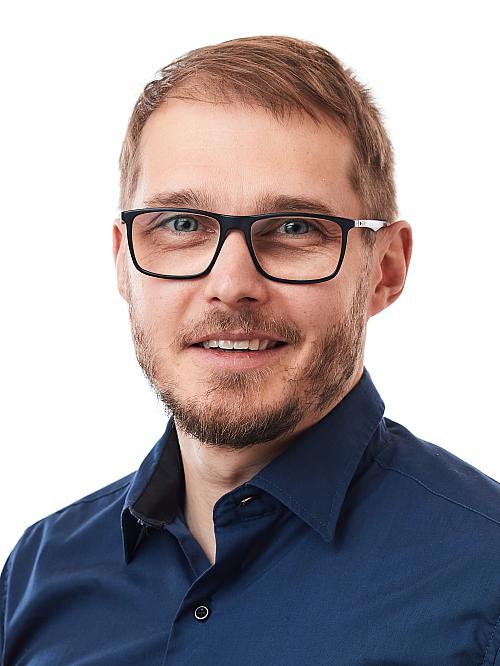MMTC Members Lead Team Sweden in Global Social Media Field Experiment

As social media continues to reshape the way people consume news, communicate, and engage with the world, questions around its broader societal impacts are becoming increasingly urgent. While many studies have focused on the effects of platforms like Facebook, TikTok, and X/Twitter, most research has been concentrated in Western contexts such as the US and UK. Now, MMTC researchers are playing a central role in a global initiative to explore how these effects differ across cultural and national boundaries.
Almost five billion people around the world use social media, and for many, platforms like Facebook, TikTok, and X/Twitter have replaced traditional media as their primary source of news. While this shift has allowed for a greater diversity of voices in the public sphere, it has also raised concerns over the spread of misinformation, hate speech, mental health challenges, and diminishing attention spans.
To better understand the effects of social media across different cultural and political contexts, a global consortium of 200 researchers has launched The Global Social Media Experiment—a unique and large-scale field experiment conducted in over 20 countries. The project aims to examine how users’ behavior and well-being are impacted when they reduce their social media usage for two weeks.
In Sweden, the national coordination is led by MMTC member Marcel Garz, who heads a multidisciplinary team of psychologists, political scientists, and information systems scholars. The team brings together researchers from institutions including Karolinska Institute, Lund University, Stockholm University, the University of Gothenburg, and other Nordic universities.
Additionally, MMTC member Maria Arango-Kure plays a crucial role in the project as the ethics officer for the Swedish team, ensuring the research meets the highest standards of ethical and legal compliance.
This global collaboration represents a significant step toward understanding how social media platforms affect societies differently around the world—and how those effects might be shaped by national context.
Stay tuned for updates as the experiment unfolds and new insights emerge.
- Associate Professor
- Jönköping International Business School
- marcel.garz@ju.se


